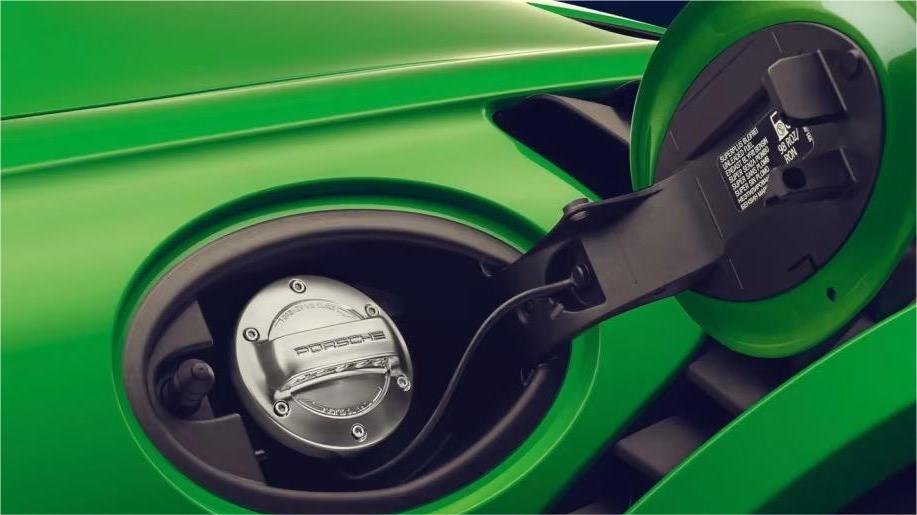According to reports, the German government has formed an alliance with six countries to resist the proposal by the European Union to ban the sale of combustion engine vehicles by 2035, while some countries led by France hold the opposite position.
On February 14th, the European Parliament passed the proposal to stop selling fuel engine vehicles in Europe by 2035 with a result of 340 votes in favor, 279 votes against, and 21 abstentions in Strasbourg. However, countries such as Germany and Italy have repeatedly expressed their opposition to this proposal on various occasions. It is reported that the countries opposing this proposal include Germany, the Czech Republic, Italy, Poland, Romania, Hungary, and Slovakia.
German Transport Minister Volker Wissing said that the proposal urgently needs to be modified, and internal combustion engines can achieve climate neutrality. Banning internal combustion engines is a mistake. He hopes that the European Union will agree to use “eFuel” as an environmentally friendly alternative to fossil fuels.
eFuel is a synthetic fuel made from water, carbon dioxide, and wind energy. The carbon element is derived from carbon dioxide, and the hydrogen element comes from water. In other words, it is an artificial fuel synthesized from water and carbon dioxide under green electricity, such as photovoltaic methanol.
As a promoter of environmental fuels, Porsche has been calling on the German government to press the European Union to grant eFuel exemption. Currently, Porsche has established an eFuel production plant in Chile.
In contrast to Germany, some countries led by France strongly support the ban proposal by 2035. It was during France’s presidency of the Council of the European Union that EU countries finally finalized this legislation. In addition, countries such as Spain, Belgium, Sweden, Denmark, Ireland, and the Netherlands support France’s position.
The French finance minister, Le Maire, stated: “It is economically inconsistent, dangerous for industry, detrimental to France’s interests, detrimental to French manufacturers’ interests, and, most importantly, not in the interest of the planet” in response to counteracting forces in favor of the plan.
This article is a translation by ChatGPT of a Chinese report from 42HOW. If you have any questions about it, please email bd@42how.com.
